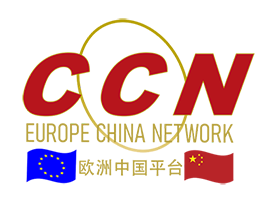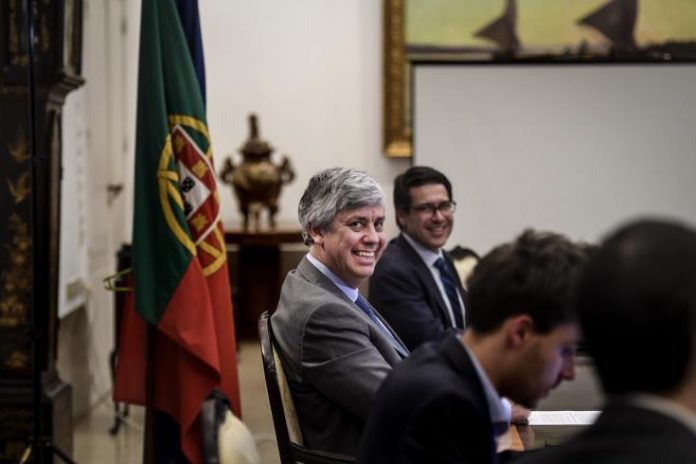Source: Xinhua|
BRUSSELS, April 9 (Xinhua) — Eurogroup finance ministers Thursday night sealed a financial package worth half a trillion euros to help the 27-nation Eurozone tackle the fallout from the COVID-19 pandemic, but put aside proposals by some countries like France and Italy to borrow common debt, or Eurobonds.
The ministers’ video meeting endorsed a mechanism called Support to mitigate Unemployment Risks in an Emergency (SURE) proposed by the European Commission, the executive arm of the European Union (EU), to back enterprises by subsidizing part-time employment.
It will, building on the EU budget as much as possible, allow for financial assistance up to 100 billion euros (109 billion U.S. dollars) in loans from the EU to the affected member states. The money will be used in public expenditure for the preservation of employment, acting as a second line of defense, supporting national short-time work schemes and similar measures.
The meeting also endorsed the initiative of the European Investment Bank Group to create a pan-European guarantee fund, which could support 200 billion euros (218 billion dollars) of financing for companies with a focus on small and medium-sized companies throughout the EU.
In addition, the meeting endorsed a tool within the European Stability Mechanism (ESM), to open a credit line to the governments of member states, at 2 percent of the respective country’s gross domestic product, translating to about 240 billion euros (261.6 billion dollars).
Portuguese Finance Minister and Eurogroup President Mario Centeno described the three measures as three safety nets, each for workers, firms, and governments. They total over 500 billion euros (545 billion dollars).
ESM Managing Director Klaus Regling said that the ESM’s low-interest loan “will be available for all Euro area countries on the basis of standardized terms agreed in advance. Our credit line will provide liquidity at a very low-interest rate as countries can benefit from the ESM’s very strong credit rating.”
The crisis support would be available within two weeks, he said.
The Eurogroup is an informal body where the ministers of the euro area member states discuss matters relating to their shared responsibilities toward the euro. Its main task is to ensure close coordination of economic policies among euro area member states. It also aims to promote conditions for stronger economic growth.
Those at the meeting agreed to work on a temporary Recovery Fund to prepare and support the recovery, providing funding through the EU budget to programs designed to kick-start the economy. The amount, financing and many details, however, remain undecided.
Some countries remain opposed to the idea of common debt, or Eurobonds, where joint European loans are guaranteed by European countries as a whole. Southern European countries have pushed for it, but northern European countries resist it, as that could effectively mean the richer countries pay for the poorer ones.
“We are and will remain opposed to #Eurobonds. We think this concept will not help Europa or NL on the long-term,” Dutch Finance Minister Wopke Hoekstra said on Twitter, stressing the long-standing Dutch opposition to the Eurobonds.
Germany also rejected the common debt idea and Eurogroup finance ministers merely agreed to think about it under the direction of EU leaders, who are set to meet later in the month.






















